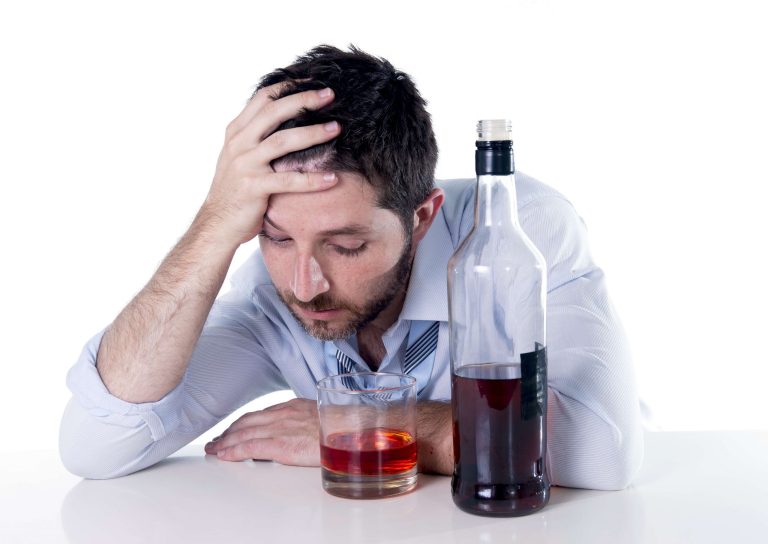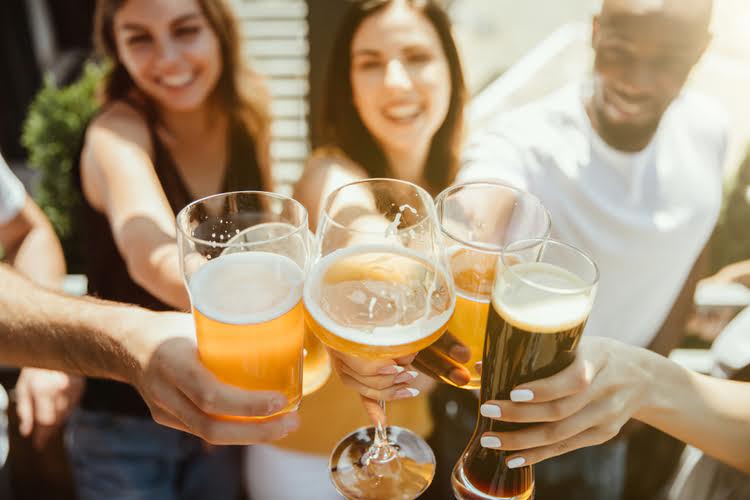
Let's stay in touch
Visit Our Office
Contact Us
Alcohol and Depression: How Are They Connected?
-
Wake Up Juice Bar > Blog > Sober living > Alcohol and Depression: How Are They Connected?
Research shows that depressants affect one’s central nervous system by reducing feelings of stimulation or arousal in users while also slowing down or interfering with messages between their brain and body. While quitting alcohol is crucial for people with https://www.eco-oos.ru/biblio/sborniki-nauchnyh-trudov/ekologicheski-ustoichivoe-razvitie-racionalnoe-ispolzovanie-prirodnyh-resursov/42/ alcohol use disorder and depression, avoiding alcohol will not cure depression. People may wish to seek quality psychological care from a doctor, therapist, or both.

Alcohol Use Disorder (AUD)

Researchers http://barbie-games.ru/alkogolizm-naychilis-vyiavliat-posmertno theorize that people who experience more stimulating effects and fewer sedative effects are at a higher risk for alcoholism (4). In addition, alcohol can increase your heart rate and may lead to increased aggression in some individuals, both of which are typical of stimulants. Alcohol can significantly impact the levels of neurotransmitters in your brain, making depression worse. Antidepressants can help even levels of these chemicals and can help relieve symptoms of depression.
Alcohol can increase the risk of dangerous symptoms
- There are different types available, including trauma-specific therapy, dialectical behavioral therapy (DBT), cognitive-behavioral therapy (CBT), as well as individual, family, or group therapy.
- Having either depression or alcohol use disorder increases your risk of developing the other condition.
- It can increase your heart rate, aggression, and impulsiveness, as well as cause a surge in dopamine levels.
For many people, alcohol consumption is a means of relaxation; however, the effects of alcohol and hangovers can actually induce anxiety and increase stress. Alcohol is classified as a central nervous system depressant, meaning that it slows down brain functioning and neural activity. Alcohol does this by enhancing the effects of the neurotransmitter GABA. The sense of relaxation you feel when you drink can often be attributed to your blood alcohol content (BAC). A rise in BAC levels leads to temporary feelings of excitement, but feelings of depression occur as BAC levels fall. As a result, it’s possible that having a few drinks that make your BAC rise and then fall back to normal again can make you more anxious than you were before.
- Alcohol may be a form of self-medication for people with depression.
- Sometimes medications such as benzodiazepines or barbiturates that have been designed to slow brain activity in an attempt to treat anxiety, seizures, or panic disorders are also considered depressants.
- You probably already know that excessive drinking can affect you in more ways than one.
- A person should also monitor their reaction to alcohol when using antidepressants.
Effects of Alcohol Use

Alcohol may be a form of self-medication for people with depression. The “burst” of energy from alcohol can be a welcome relief against some symptoms. For example, alcohol may temporarily reduce anxiety and lower https://mgodeloros.ru/stati/postukivanie-palcem-pokazyvaet-chto-alkogoliki.html inhibitions. If not treated, alcohol use disorder can become a life-long struggle. Almost 30 percent of Americans will experience alcohol use disorder at some point in their lifetimes. Alcohol use disorder and depression are two conditions that often occur together.
- However, in larger doses, alcohol typically causes sluggishness, disorientation, and slower reaction times, as it decreases your mental sharpness, blood pressure, and heart rate.
- No matter how severe your alcohol misuse, recovery from this type of depressant is possible.
- They drink more to compensate for the fact that they don’t immediately feel anything, increasing their chances of experiencing the negative side effects.
Recent Posts
- Chaotic Minds Chaotic Societies The Second Coming by Wb Yeats
- Communication and Professional Relationships With All People
- In Gothic texts women are either hopelessly submissive or significantly absent
- Both within The Merchants Tale by Chaucer and An Ideal Husband by Oscar Wilde the theme of power is explored with various characters attempting to
- Which One Of The Following Is An Advantage Of Essay Questions Over Recognition Questions





